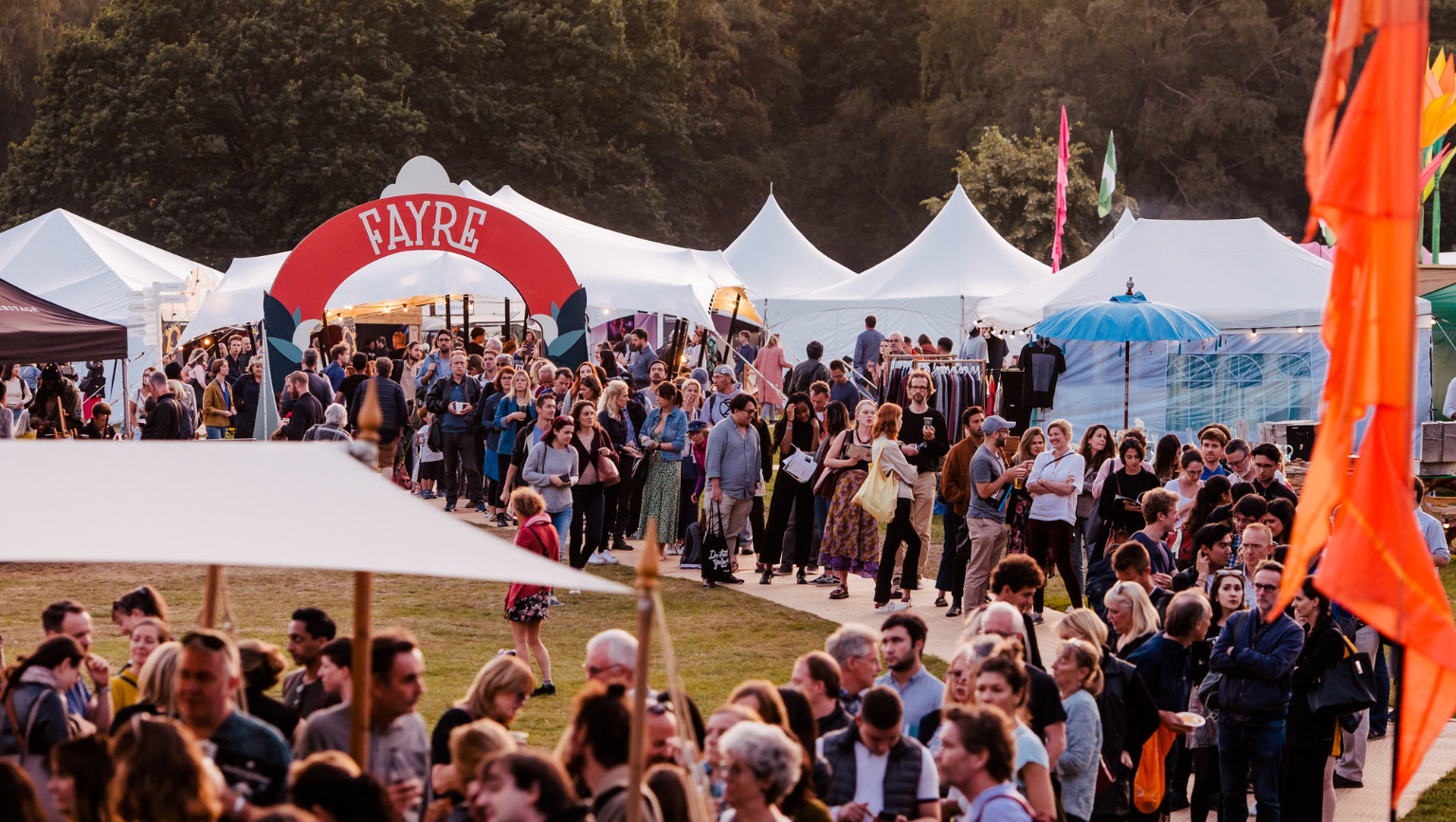
The Basement Gym + Studio opens in Camden Town
Camdenist readers get 50% off their first month’s membership, too

The world’s largest festival of philosophy and music is returning to Kenwood House, 1-2 October.
Camdenist readers get 20% OFF the price of all tickets. Just uses the code CAMDENIST20 at the checkout and we’ll see you there.
There’s a whole world of book and ideas festivals out there, mainly attended by people over 55. HTLGI – especially when it’s in London – drops the average age by a couple of decades, bringing a new generation in. That’s why I like it.
Objective reality exists independent of our senses. Our theories about it are always the best approximation to the truth, but so long as they produce operational knowledge that’s good enough for me.
The normalisation of the hate, stigma and elitism encapsulated in right wing conservatism, closely followed by the Putin worship of a section of the left.
Barricades.

Like Present day Russian journalism… an extreme bifurcation between insider access and a hunted oppositional press – unless people in the mainstream fight for something radically different.
The crimes of the British Empire and the history of the working class.
We are linguists, teamworkers, imagineers and technologists through our DNA and therefore have the capacity, and high possibility, to set ourselves free.
“Antifascist” – I was other things but the most important turns out to be this.
The world’s largest festival of philosophy and music is returning to Kenwood House, 1-2 October.
Camdenist readers get 20% OFF the price of all tickets. Just use the code CAMDENIST20 at the checkout and we’ll see you there.

Camdenist readers get 50% off their first month’s membership, too

A brand new hairdressing and barbering academy has landed in Camden Town and is now seeking style-conscious models and enthusiastic trainees

We speak to founder, Sol, about bringing the studio to Kentish Town

Explore the neighbourhood’s brand new neighbourhood